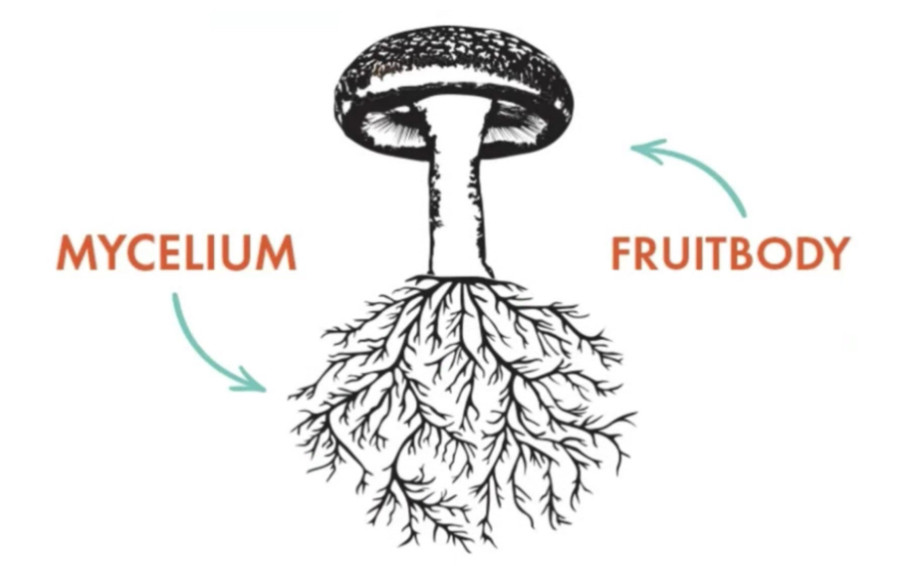Mycelium produces novel compounds not found in the fruitbody. Recent research shows that 25% more genetic material is active during the mycelial stage as compared to the fruitbody stage. This means that significantly more compounds are created during the mycelium stage.
Mycelium and primordia (mushroom “sprouts”) are highly concentrated sources of viable compounds that are easy to access. The major differences between the primordia (baby mushrooms or “sprouts”) and the mature fruitbody are water content and spore production. Primordia are concentrated, whereas adult fruitbodies can be up to 90% water. Mycelium and primordia allow for access to important compounds like enzymes, antioxidants and prebiotics, and immune-balancing constituents like polysaccharides and triterpenoids. Host Defense harvests at peak performance when constituents are at their highest, optimal vitality.

